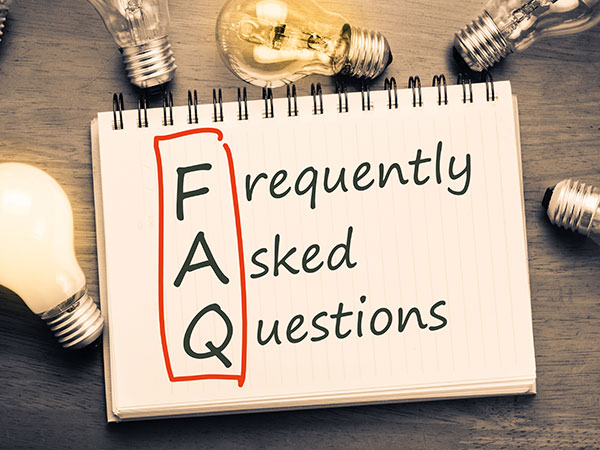
If you have read our page describing how a sewage treatment plant works, you’ll already understand that it is a natural biological process. In fact, a sewage system thrives on being fed with normal organic waste. When it comes to what should not go down the drains, (e.g. via toilet, kitchen sink, drain) when you have a sewage treatment plant, we can categorise the items into 3 distinct areas:
Any items that could block pumps, pipes or filter material should be kept out of the sewage system. These include:
Material and liquids that could be damaging to bacteria should not be put down the drains. Harming the bacteria will have a negative impact on the treatment quality and can cause the system to smell, some of these include:
It must be noted that small quantities of bleach and detergent won’t have a huge impact on the system. Furthermore, if you are using bleach it is advised to spread the usage over a few days rather than use it all on one day. This is also true for washing detergent. Most systems can handle it with no problem, unless you are doing a lot of washing (and cleaning) all on the same day.
A treatment plant should be sized in accordance with British Water Flows and Loads 4. So in a normal situation your treatment plant should be more than capable of dealing with the waste from your house. However, organic material places a demand on the water (and bacteria) and systems are sized for average amounts of organic material. The main things that overload a treatment plant are as follows:
Adding food (which hasn’t been broken down by us humans first) could be the equivalent of adding another 4-5 peoples waste into your system. Also as food breaks down it can smell rather pungent. Similarly, the waste from a dog is similar in volume to the waste of a human so be sure to dispose of that waste properly.
If you are having problems with odour coming from your sewage system, then our post about smelly treatment plants may be of assistance.
If you treat your bacteria well, you will be rewarded with a good working system that doesn’t pollute the land. It isn’t difficult to do, but requires some normal day to day common sense.